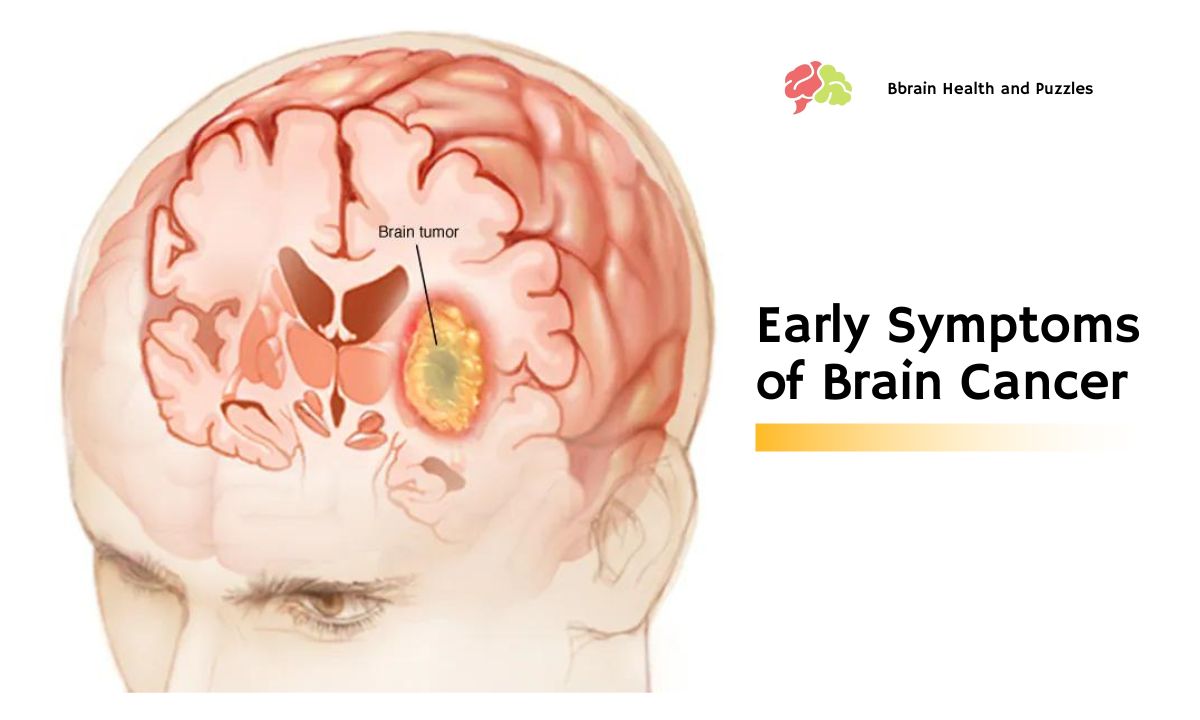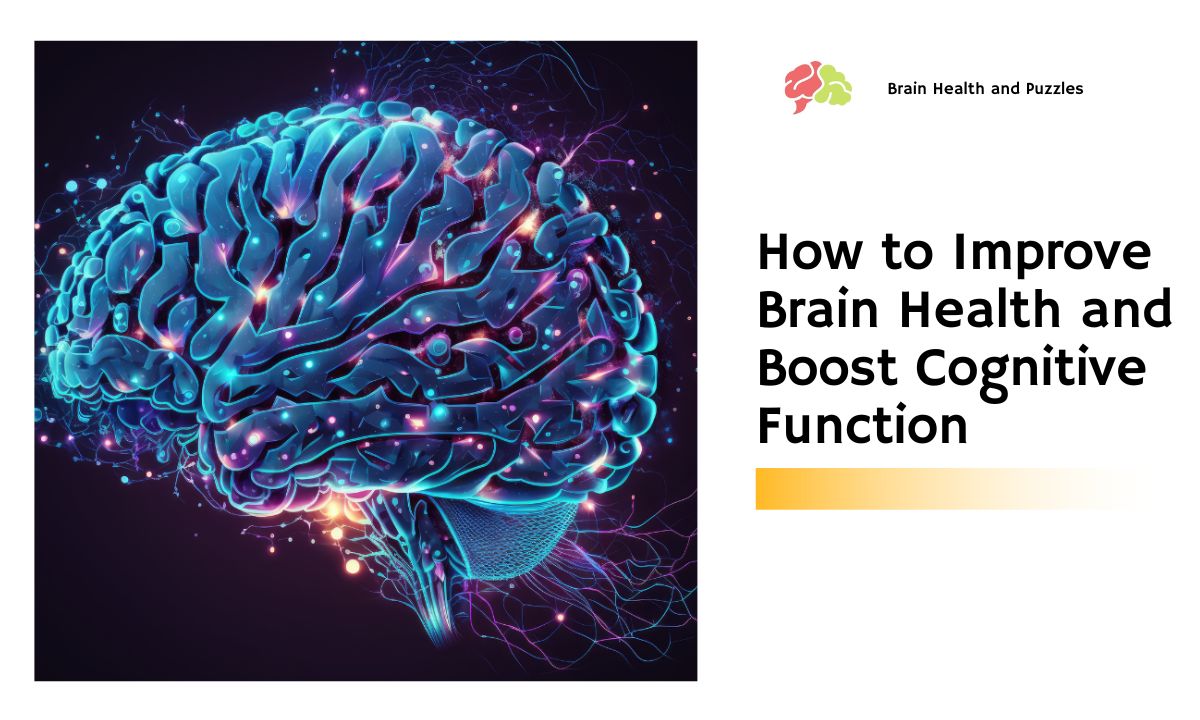Early Symptoms of Brain Cancer

Don’t Be Fooled
One of the most difficult things about brain cancer is that the early symptoms of brain cancer can mimic things that are not cancer. For example, almost everyone will have a headache at some point in their lives while few people will develop brain cancer.
However, headache is one of the more common early symptoms of brain cancer. Moreover, many people have seizures yet relatively few will have seizures caused by a brain tumor.
Figuring out the difference between relatively mundane symptoms and early symptoms of brain cancer can be tricky. The following article gives some clues to help tell the difference.
Headache
 As mentioned, headache is a common early symptom of brain cancer affecting many people who have brain cancer. However, it is important to realize that most headaches are not brained cancer! Headaches that are caused by a brain tumor often become more and more frequent over time.
As mentioned, headache is a common early symptom of brain cancer affecting many people who have brain cancer. However, it is important to realize that most headaches are not brained cancer! Headaches that are caused by a brain tumor often become more and more frequent over time.
Eventually, the headache can be constant such that nothing relieves it. The pain tends to be worse when the person lies down, presumably because pressure increases inside the head.
People often notice that they are having a headache each time they wake in the morning and may be so bad that it causes them to vomit. If headaches like this occur in someone who does not usually get headaches, it may be an early symptom of brain cancer.
Changes In Behavior
As a tumor grows inside the skull, the pressure inside of the head increases. This presses on all of the structures inside the head, especially the brain. One of the early symptoms of brain cancer is that people’s personalities may change subtly.
People with brain cancer may become depressed or anxious where they had not been previously. They may become withdrawn, their performance at work or school may deteriorate and they may have difficulty thinking. As the size of the tumor progresses, behavior may get progressively bizarre.
Seizures
Nerve cells communicate by sending electrical signals to one another. Thousands, perhaps millions, of tiny electrical pulses are happening every second in the brain. When these impulses occur as they should, the body can achieve amazing feats. When they fire chaotically, the body can shudder uncontrollably in a process that is called a seizure.
Brain tumors are notorious for causing seizures since their presence interferes with the normal functioning of brain tissue. A tumor can be an irritant to healthy nerve cells and can cause them to fire inappropriately. While seizures can occur for any number of reasons and do not necessarily mean that a brain tumor is present, seizures can be one of the early symptoms of brain cancer.
Symptoms Depending on Tumor Location
Tumors can cause a multitude of different symptoms depending on where they are located in the brain. If a tumor is growing near an area that controls the right arm, for example, patients may report numbness or weakness in the right arm because the tumor is pressing on or invading that healthy brain region.
When tumors affect specific regions of the brain, almost any neurological symptom can occur. Some examples of specific early symptoms of brain cancer include impaired ability to hear, smell or see. The ability to feel temperature or the sharpness of objects can be affected. If the tumor restricts the flow of cerebrospinal fluid through the ventricular system, nausea, vomiting, and double vision are common, as are severe headaches.
If a brain tumor compresses the brain stem, breathing and heart rate can be affected, which can be immediately life-threatening. Unfortunately, if a brain tumor begins to grow in the wrong place, the early symptoms of brain cancer can become serious over a short period of time. If you think you are having any of these early symptoms of brain cancer you should make an appointment with your doctor or neurologist without delay.



